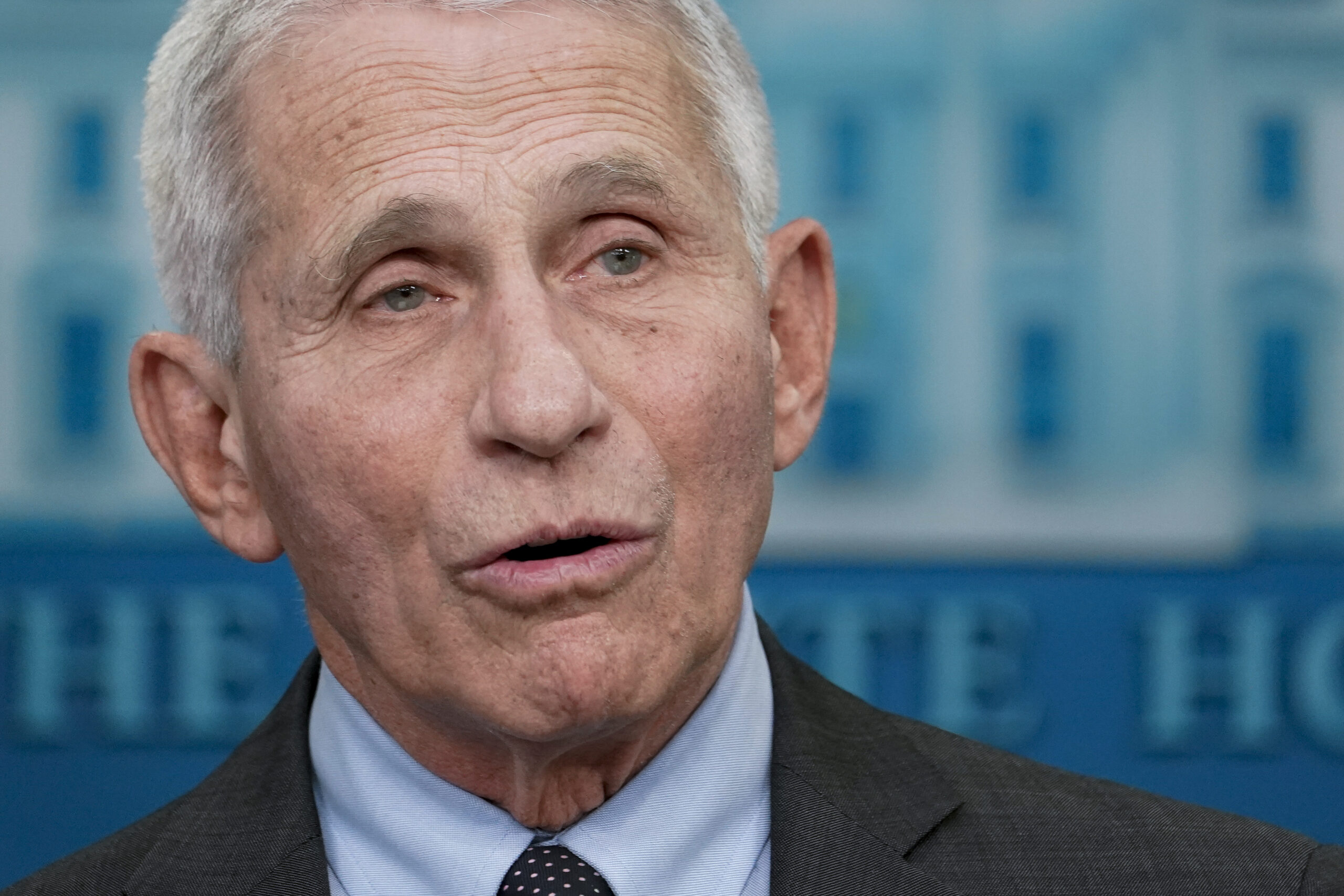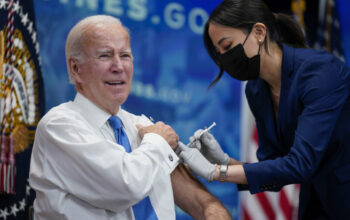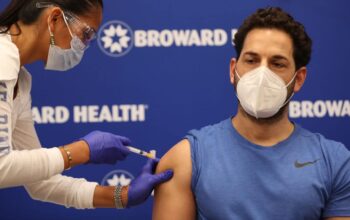Testifying in a closed-door session on Capitol Hill on Monday, Dr. Anthony Fauci responded over 100 times with “did not recall” to inquiries related to critical information and conversations pertinent to the origins of Covid-19 and the U.S. pandemic response under his leadership.
House Coronavirus Select Subcommittee Chairman Brad Wenstrup (R-OH) expressed concern, stating, “The face of our nation’s response to the world’s worst public health crisis ‘does not recall’ key details about COVID-19 origins and pandemic-era policies.” Wenstrup highlighted the nearly 1.2 million American deaths resulting from the “potentially preventable pandemic.”
In late November, Wenstrup announced Fauci’s agreement to testify before his subcommittee in a private setting over two days. Fauci, who retired at the end of 2022, served as the director of the National Institute of Allergy and Infectious Diseases and as the chief medical advisor under both the Trump and Biden administrations.
During the initial seven hours of the transcribed interview on Monday, Fauci consistently defended his previous Senate testimony, asserting that the National Institutes of Health did not fund gain-of-function research at the Wuhan Institute of Virology in China.
This institute was researching bat coronaviruses that could be linked to the origins of the Covid pandemic. Fauci, akin to his exchanges with Senator Rand Paul (R-KY), disagreed with Congress’s definition of “gain-of-function” to avoid acknowledging NIH funding for potentially risky research contributing to the pandemic. Gain-of-function research involves enhancing viruses’ infectiousness or lethality for laboratory investigation.
Fauci also testified that he greenlit all foreign and domestic National Institute of Allergy and Infectious Diseases (NIAID) grants without reviewing the proposals. He admitted to being uncertain about whether NIAID had any oversight procedures in place for the foreign labs they funded.
















